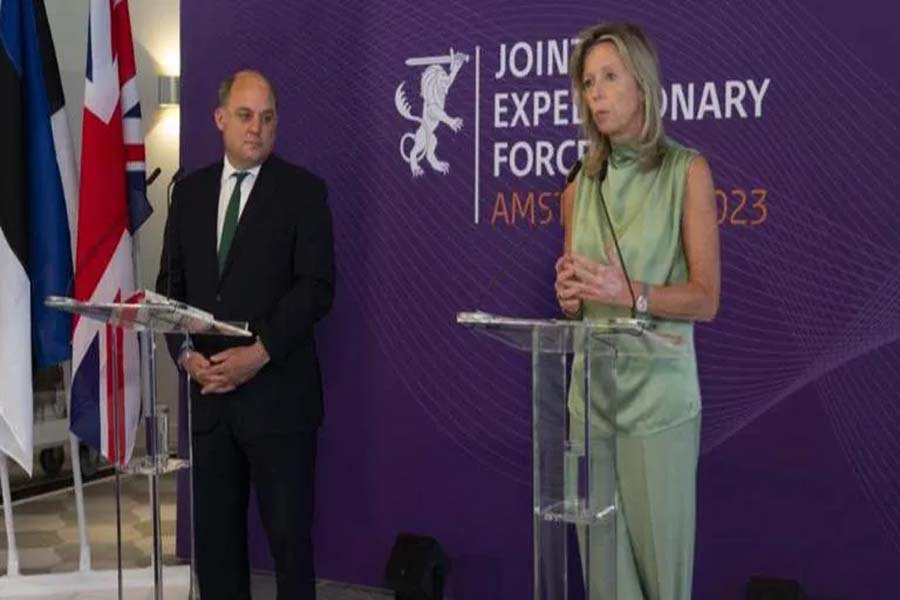Nagarjunasagar: The declining water level in Nagarjunasagar project, a vital water source for the twin cities and agricultural needs in the erstwhile Nalgonda district, has sparked a growing concern among residents and farmers.
The Sagar level currently stands at 519.90 feet (149 tmcft), well below its maximum capacity of 590 feet (312 tmcft). The depleted levels have run alarm bells among the people and the administration alike. The delay in monsoon rains is exacerbating the situation, leaving the region reliant on the benevolence of the rain gods.
Drought-like conditions are setting in as a result.
Water levels are steadily plummeting at Narayanpur, Almatti, Jurala, Tungabhadra, and Srisailam projects upstream of Nagarjunasagar. Left with limited reserves, the water will be primarily allocated for meeting drinking water needs in Nalgonda district and the twin cities. Currently, a mere 10 tmcftof water is available above the minimum level. Any substantial increase in reserves hinges on the arrival of heavy rains.
All this has had an adverse effect on the farming operations under the Sagar Ayakatcanals.The farmers are yet to start sowing, anxiously starting at the sky.
According to the Krishna River Board gazette, water is to be released to the Sagar Ayakat from June 15 every year for the rainy season crops. However, due to the delayed onset of rains, water releases are likely in August and September only. The Krishna Board’s directive to maintain a water level of 536 feet as to receive any potential floods in August and September has been disregarded, due to excessive use of water by both the states involved.
The farmers are in a predicament, unable to access water for monsoon cultivation. They are pinning their hopes on the monsoon to pick up in the days to come.

